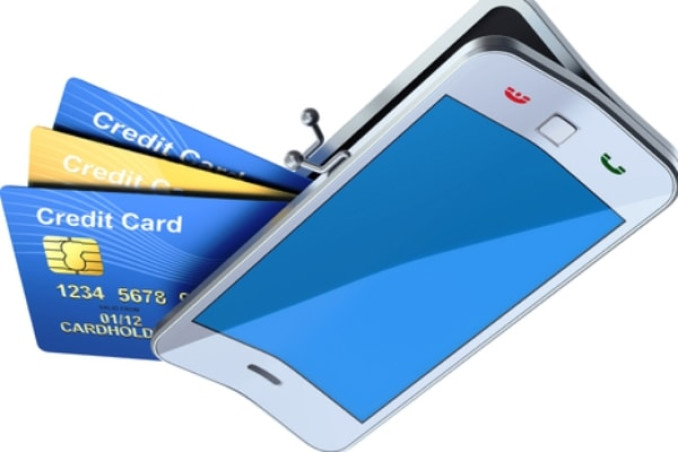Swaziland:MTN mobile money has E37m in circulation each month

MTN’s mobile money generates about E37 million per month.
MTN Head of the Mobile Money Unit Thokozani Dlamini said mobile money penetration was improving.
He was speaking during a workshop organised by the Micro Finance Unit (MFU), which was held at the Bethel Court in Ezulwini.
MFU had organised the event to find the best way of making financial products easily accessible to the ordinary Swazi people.
Dlamini was making his presentation at the event, with the intention of stating the role played by the cellular network provider in making sure that an ordinary Swazi was also afforded easy access to financial services.
“Our penetration into the population is improving because many people now do have a cell phone. Some even carry two SIM cards at the same time. From an African way of living, we can say people who have cell phones at their disposal are more than a number of people who have access to clean water supply,” Dlamini said.
He said the adult population of the country was about 531 813 and the mobile penetration was at 86 percent.
Dlamini said active mobile money subscribers were over 100 000, while there were over 285 000 registered subscribers. He said currently, there were 650 registered agents.
Dlamini, however, pointed out that there were situations that posed as a challenge to financial inclusion in the country.
“We have about 70 percent of our population that does not have a bank account. It is for this reason that many people find their own informal ways of saving money. Another factor was that there was a feeling of intimidation among people when they get into the offices where the services were rendered,” he said.
He also pointed out that the issue of eligibility, affordability, and proximity were also posing as a barrier to financial inclusion.
“We have 18 percent of our population being in formal employment and four out of five people have no proof of address. Sometimes, the transactions discourage savings, and sometimes you find that mobile money access points or banks are far away from where the people are,” he said.
In terms of financial inclusion, Dlamini said the country was at a border line because only 50 percent of the population were included. “We also have many survivalist entrepreneurs who only do business for survival, with no plans to sustain their businesses. We also have 80 percent of Swazis that earn less than E2 000 a month. So you can see the financial situation we are in,” he said.
Dlamini noted that they were working with stakeholders like the Financial Services Regulatory Authority (FSRA), Central Bank, and cooperatives to make sure that transactions were easily afforded and monitored for safety purposes. He said there were already about 37 cooperatives for whom they were transacting.
He said having 650 registered mobile money agents was not an impressive achievement.
He said this was contributing to the difficulty of having access to the service. He said some shops did not open on Sundays while some operated for a limited hours.
“Another problem is that other agents may not have up to date trading licence and that hindered access to mobile money services. We also looked at means of providing containers to the Tinkhundla centres where mobile money services could be rendered. But the problem is that the capacity to guard the money is not there.”
SOURCE:SWAZI OBSERVER
 Africas leading resource for digital financial services
Africas leading resource for digital financial services


comments